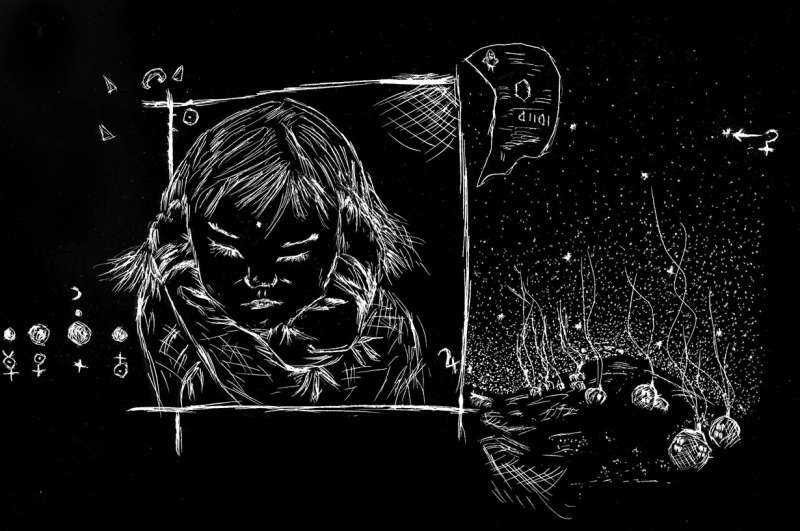| image: Janice Lee |
Much is happening on the pages of contemporary literature. Yet, it cannot be concluded that events on the page are closely inspired by those occurring in the world. Sometimes, a writer throws its readers for a loop, and it can be a pleasant sensation. Los Angeles-based writer Janice Lee introduces her literary debut Kērotakis: an offering of strangeness, constructed to allow a number of poetic voices ample stage to be heard—these creations sometimes emerge with the intention of folding in on themselves or exploding already-existing limits, reaching far from reality, hinting towards blissful escapism. More »
